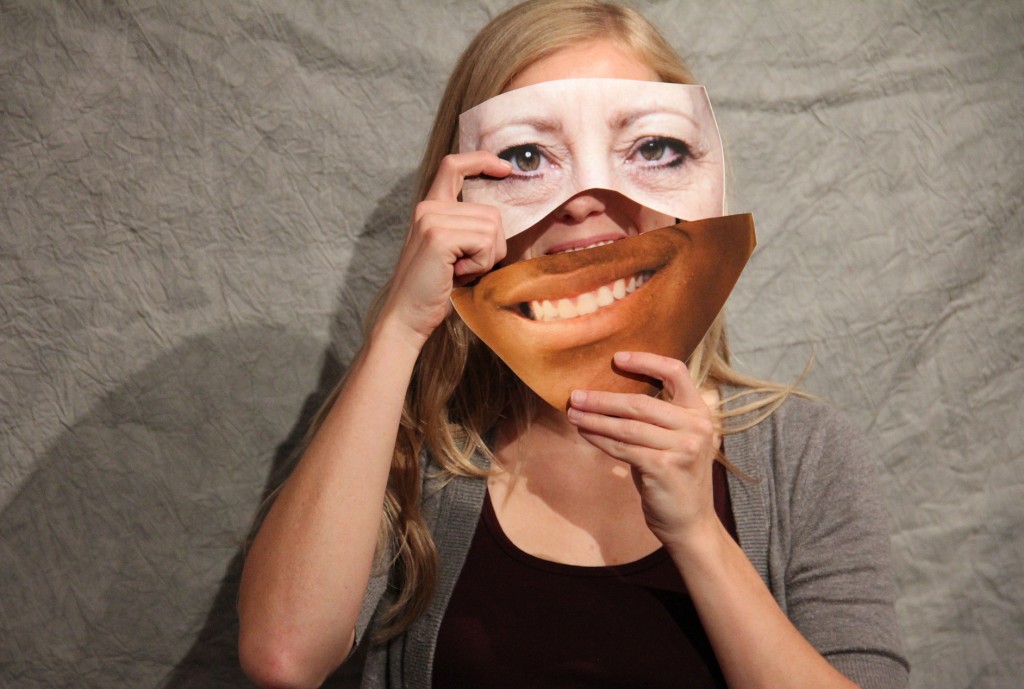
Psychologists have shown that diversity promotes tolerance towards different groups if it catches people by surprise.
In a paper published by PLoS ONE, Kent’s Dr Milica Vasiljevic of Kent’s School of Psychology and Professor Richard Crisp of the University of Sheffield explained how they conducted a series of experiments in which participants (British undergraduates) thought of surprising combinations of social categories such as overweight model, rich student, female firefighter or male midwife.
Thinking of people with a surprising, unfamiliar background led to a reduction of prejudice towards multiple stigmatised groups such as the elderly, disabled, asylum seekers, HIV patients, or gay men. It also fostered generalised tolerance and egalitarian beliefs.
Importantly, through a field test in the Former Yugoslav Republic of Macedonia, a region with a history of violent ethnic conflict, the researchers demonstrated that a brief and cost-effective intervention based on this technique can increase trust and reconciliatory tendencies towards multiple ethnic groups such as Gypsies, Albanians, Serbs and Greeks.
The research also demonstrated that considering people with a surprising background can encourage lateral thinking and lead to more openness and greater cognitive flexibility.
Tolerance by surprise: Reducing prejudice and increasing egalitarianism via novel category combinations (Vasiljevic, M., & Crisp, R. J.) can be viewed here.
For more information contact: Gary Hughes.





